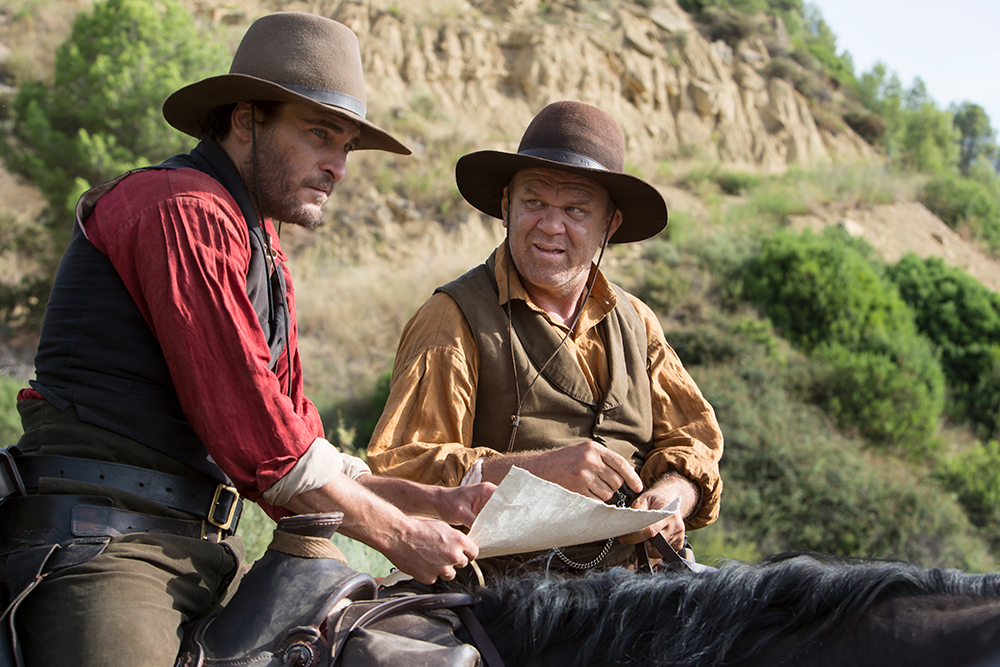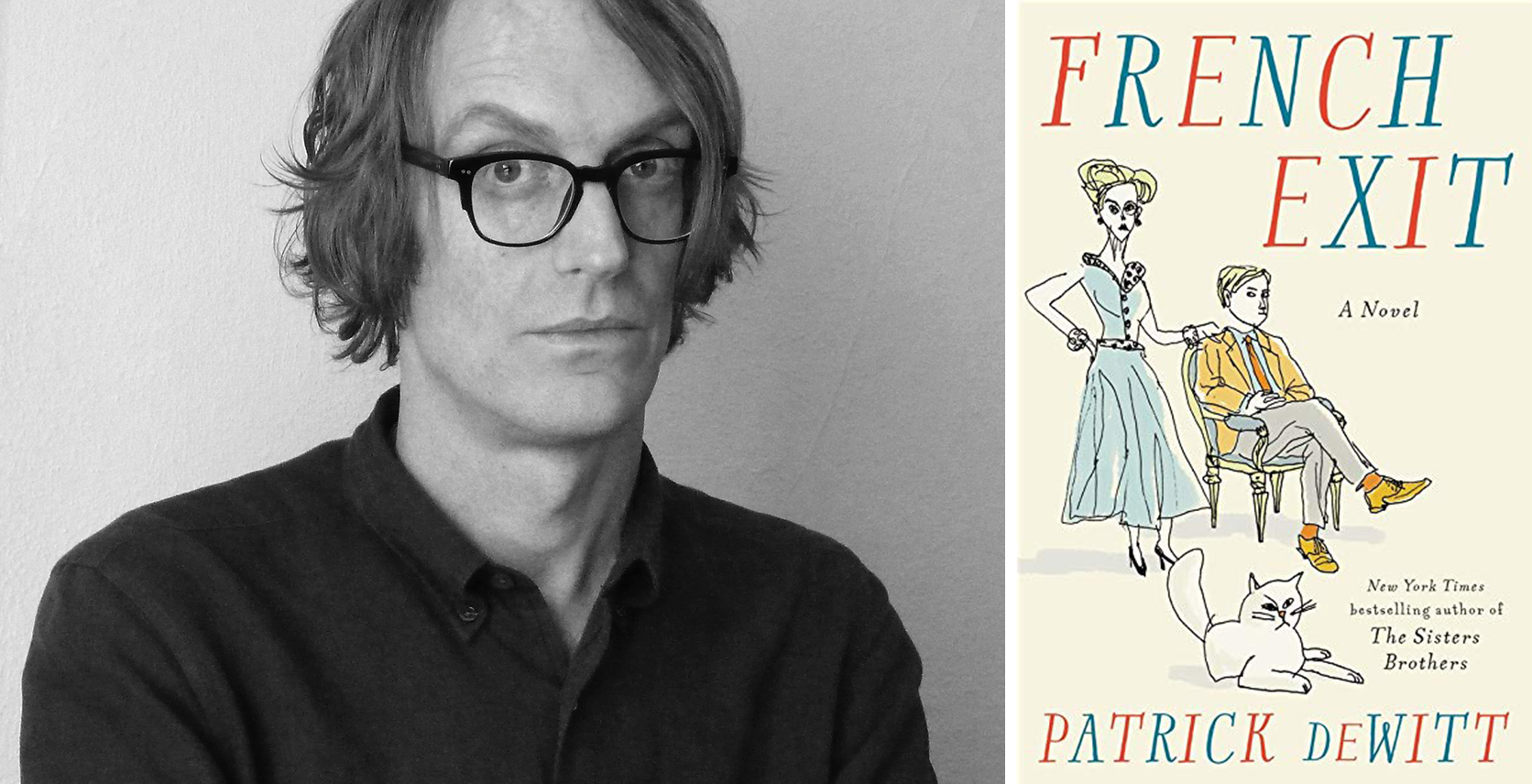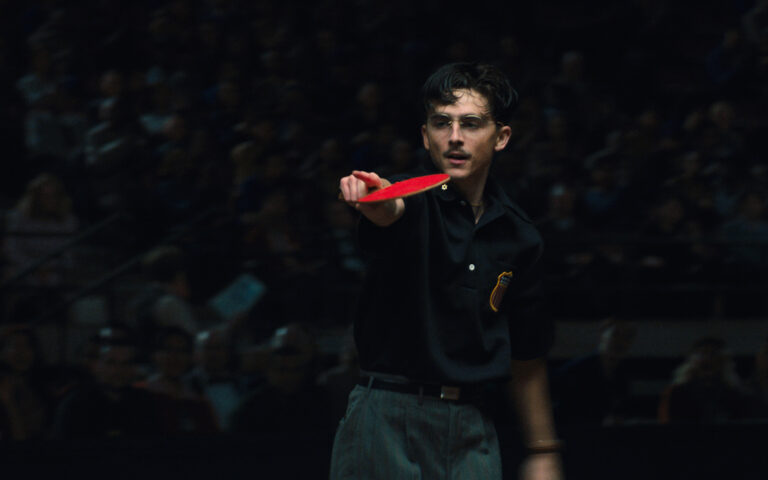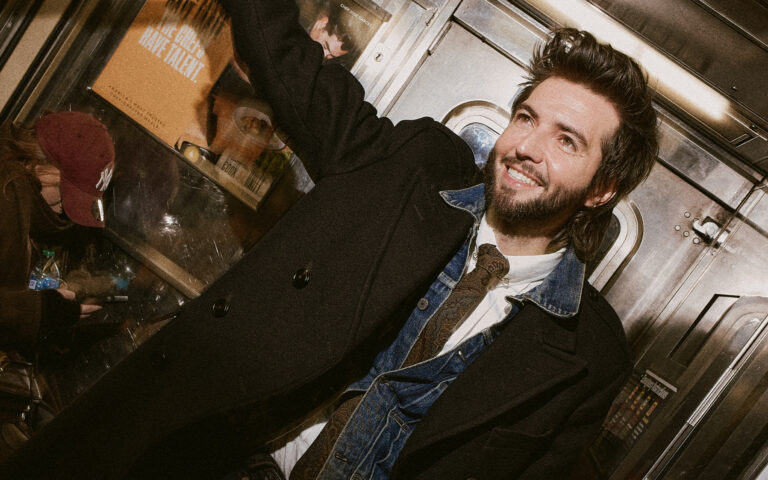Patrick deWitt shot to the top of the book world in 2011 with his novel The Sisters Brothers (which just became a film starring Jake Gyllenhaal and John C. Reilly). His latest novel, French Exit, follows an acid-tongued 65-year-old socialite on a mission to squander the remains of her fading fortune. We caught up with him to talk about his own journey from Vancouver Island bartender to literary sensation.
I read years ago you ditched your TV and Internet connection.
I meant to just step away from it to meet a deadline, but then I realized I was actually quite a lot happier and I was getting so much more done without it. It was really hard to step away – I felt withdrawal. But once I got over that, I hardly ever think about it.
Has your son shown interest in your work?
He has not. He gave The Sisters Brothers a whirl, and then set it aside. He’s more interested in skateboarding than books. It’s part of a long tradition of doing the opposite of what your parents do, but he’s shooting himself in the foot, ultimately, so I hope he can get over it at some point and pick up a book.
How did you feel watching the film version of The Sisters Brothers?
I was very pleased with the film. The acting is incredible and it looks beautiful. It’s not a mirror image of the book at all, but by the end, I felt like I had arrived at the same place emotionally that the book brings me to.

Looking back, how do you think you handled literary celebrity, and what did it change for you?
I have a difficult relationship with any sort of evidence of myself, so I’ve learned to avoid that stuff. I always think of the practical things. Prizes, for me, came to mean that you can keep doing it and not have to worry about the light bill.
The Sisters Brothers was a sensation. Your follow-up, Undermajordomo Minor, wasn’t. How did that feel?
With Undermajordomo, I felt a bit tender about it. I did feel it wasn’t being judged on its own merits, which was frustrating. I’ve come to realize I don’t know what people want. That was a nice aspect of French Exit. The concern had gone away. That’s why it took only a year to write instead of three.
Adult friendship seems to be a recurring theme in your work.
The primary friendship on my mind was what occurs when you become friends with your parents. My mother and father live in the same town and we spend a lot of time together. I don’t see that relationship all that often in fiction, so I wanted to pay homage to that.



